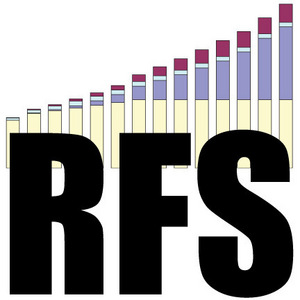Biofuel groups welcome court of appeals decision on 2013 RFS case

May 6, 2014
BY Renewable Fuels Association, Growth Energy
Today, the U.S. Court of Appeals for the District of Columbia Circuit rejected a petition by Monroe Energy LLC challenging the U.S. EPA’s 2013 Renewable Fuel Standards. The Renewable Fuels Association, Biotechnology Industry Organization, and Growth Energy intervened in the case.
After EPA reduced the cellulosic biofuel volume for 2013, Monroe Energy challenged EPA’s decision not to reduce the renewable fuel and advanced biofuel volumes by the same or a lesser amount. The court rejected Monroe Energy’s argument that EPA’s decision served no “statutory purpose,” and reaffirmed Congress’s directive that EPA ensure that U.S. transportation fuel contains at least the volumes provided in the statute. The Court also rejected Monroe Energy’s attempts to revisit decisions about the RFS program that EPA made in earlier years, stating that “the time to challenge that decision has passed.”
Today’s decision is a victory for American consumers, renewable fuel advocates, and the RFS program. Once again, the Court has rejected attempts of the anti-biofuel parties to undermine the RFS in court. The RFS is arguably the nation’s most effective energy policy. It has spurred the development of a domestic biofuels industry that is creating hundreds of thousands of jobs that cannot be outsourced. In addition, it is providing environmental benefits, helping to decrease the nation’s reliance on imported oil, and reducing prices at the pump, as Congress intended.
Advertisement
Advertisement
Advertisement
Advertisement
Related Stories
The U.S. EPA on July 8 hosted virtual public hearing to gather input on the agency’s recently released proposed rule to set 2026 and 2027 RFS RVOs. Members of the biofuel industry were among those to offer testimony during the event.
The USDA’s Risk Management Agency is implementing multiple changes to the Camelina pilot insurance program for the 2026 and succeeding crop years. The changes will expand coverage options and provide greater flexibility for producers.
President Trump on July 4 signed the “One Big Beautiful Bill Act.” The legislation extends and updates the 45Z credit and revives a tax credit benefiting small biodiesel producers but repeals several other bioenergy-related tax incentives.
CARB on June 27 announced amendments to the state’s LCFS regulations will take effect beginning on July 1. The amended regulations were approved by the agency in November 2024, but implementation was delayed due to regulatory clarity issues.
SAF Magazine and the Commercial Aviation Alternative Fuels Initiative announced the preliminary agenda for the North American SAF Conference and Expo, being held Sept. 22-24 at the Minneapolis Convention Center in Minneapolis, Minnesota.
Upcoming Events










